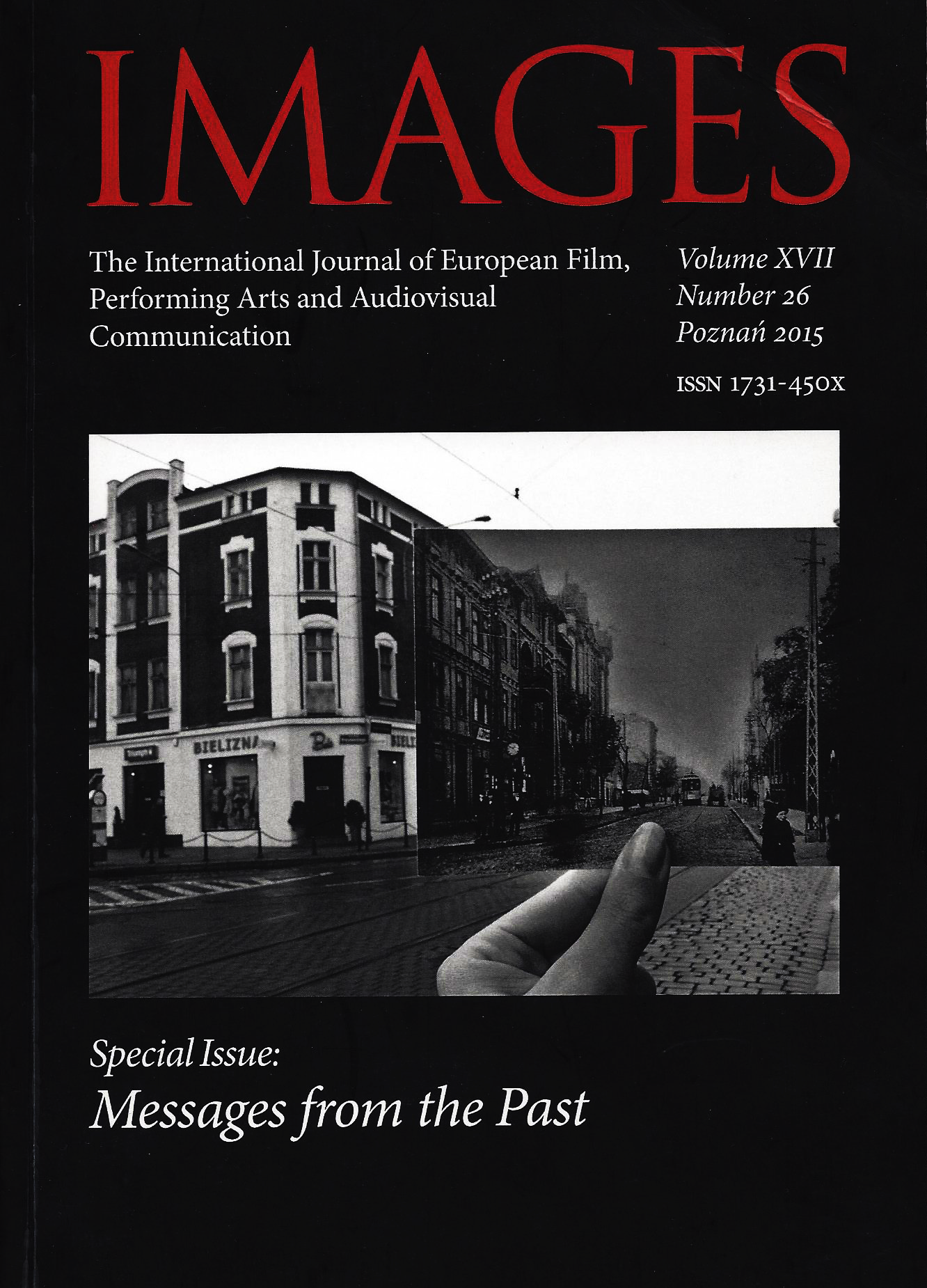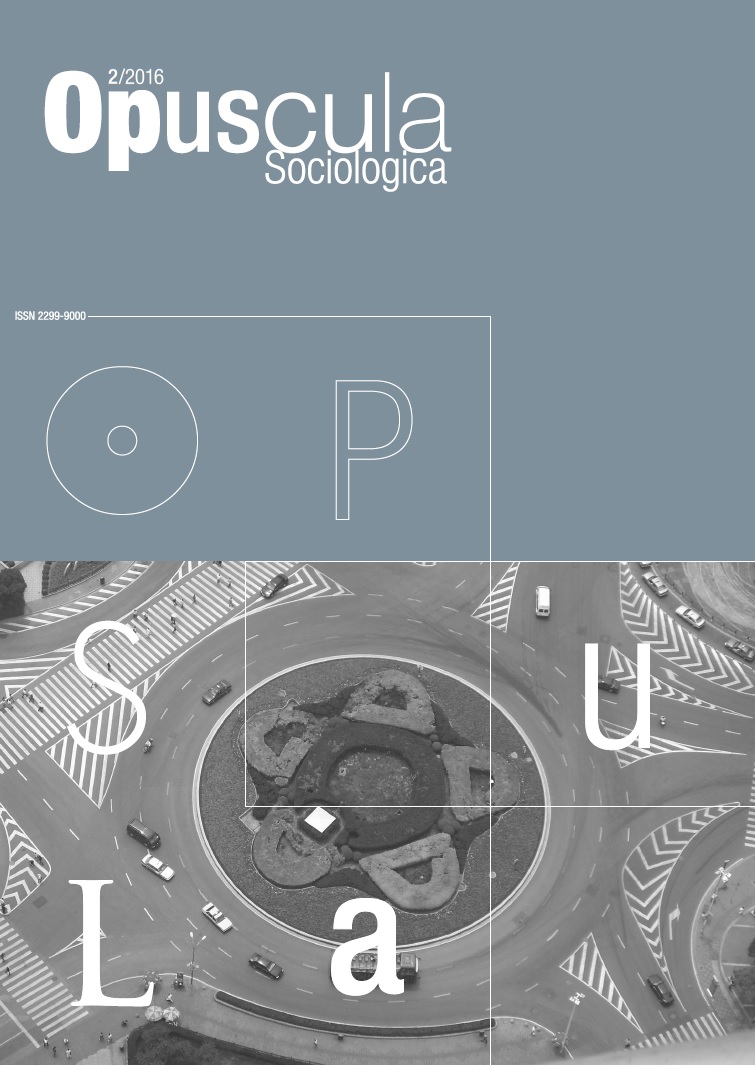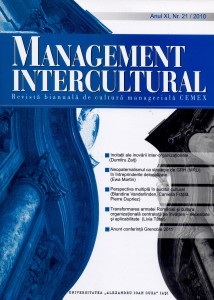Örgütsel Demokrasi ve Örgütsel Muhalefet Arasındaki İlişki Üzerine Bir İnceleme
The aim of this study is to research the relationship between organizational democracy and organizational dissent. The other purpose of this research is to provide data to researchers and practitioners working in this field. Organizational democracy has be en represented with respect for personal values, democratic attitude, democratic management, democratic behavior and perception of authority aspects in the study. Organizational dissent has been expressed with articulated dissent, displaced dissent and latent dissent aspects. According to the research results, it has been found that there are positive relation between respect for personal values and democratic management, democratic behavior and articulated dissent, and negative relation between democratic attitude and articulated dissent. Also according to research results, it has been found that there is negative relation between perception of authority and articulated, displaced and latent dissents.
More...







